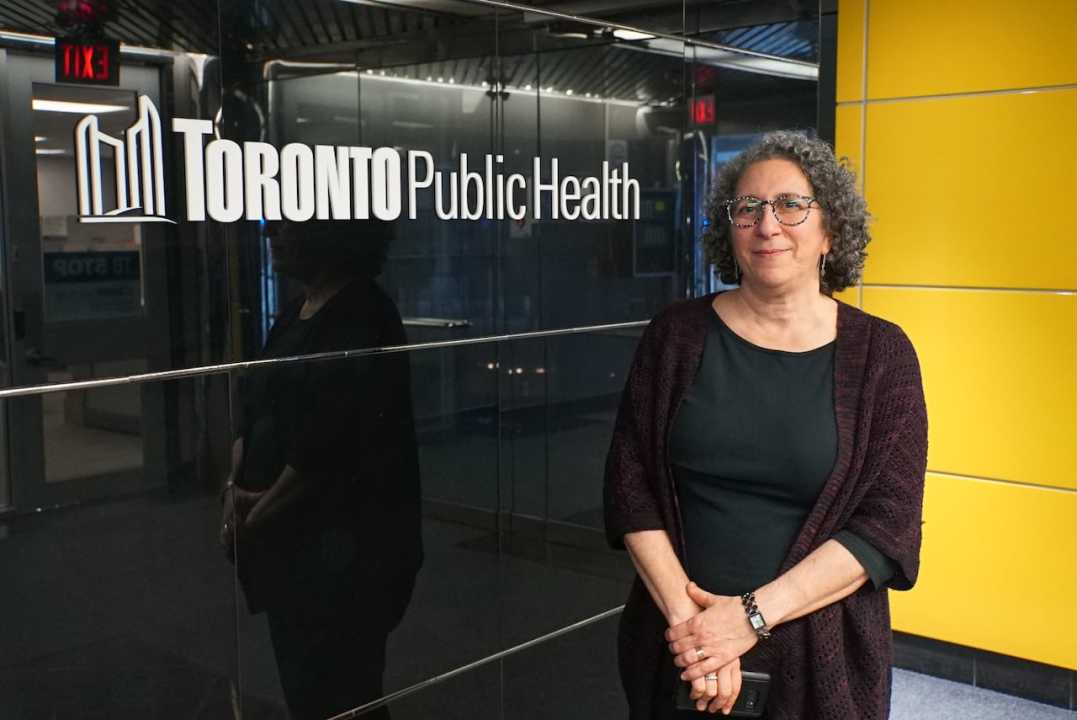Health
Mpox Cases Rise in Toronto

Toronto is seeing a rise in mpox cases, which was previously known as monkeypox. Public health officials noticed an increase in cases during late June and July, right after some major events and festivals in the city.
As of July 31, a total of 93 cases have been confirmed this year. This is a big jump compared to just 21 reported cases for the same time last year. Most of these mpox cases are concentrated in the downtown area.
Toronto Public Health, or TPH, is taking action by collaborating with community partners. They are focused on raising awareness about how the virus spreads and making sure people have access to vaccinations.
Mpox spreads from one person to another through contact with infected skin lesions, blisters, body fluids, or even respiratory secretions. It can also be transmitted from contaminated materials like clothing or bedding. Currently, it’s mostly spreading among people who are having close or intimate contact, particularly affecting gay, bisexual, and other men who have sex with men.
Interestingly, most of the cases are not linked to travel. This indicates that the virus is being transmitted within the local community.
Getting vaccinated is seen as the best way to control this outbreak. TPH urges at-risk residents to get their vaccine, especially since the virus continues to spread both locally and in other areas around the world. They recommend that people get two doses of the vaccine for better protection.
For those who have had close contact with someone infected with the virus, there’s post-exposure prophylaxis available. Even if someone has had a smallpox vaccine in the past, it’s still important for them to get the mpox vaccine for full protection.
Dr. Rita Shahin from TPH expressed concerns about the current trend, noting that although most cases have been mild, there has been one hospitalization. She emphasized that more than 70% of individuals with mpox this year have not yet received any doses of the vaccine.
The TPH website offers details about who qualifies for the vaccine, including men who have sex with men who have multiple partners or who attend venues for sexual contact. It also includes information for anyone involved in sex work.
Household members or sexual contacts of those who are immunocompromised or pregnant may also be eligible to receive the vaccine. And people who’ve had close contact with someone infected with mpox can receive a post-exposure vaccination, which is most effective if given shortly after exposure.












